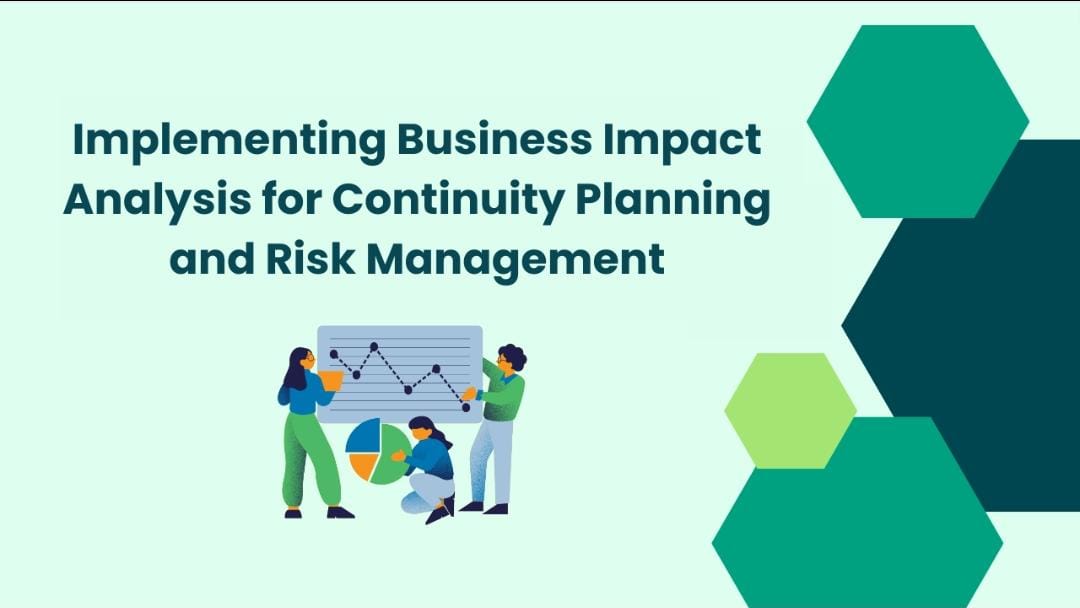11 Points to Consider When Planning an Online Workshop | ecadema
11 Points to Consider When Planning an Online Workshop | ecadema
Are you planning an online professional workshop?
Organizations should focus on a lot of creativity to prepare for a workshop that will be memorable as well as productive.
Commencement of training workshops requires a great atmosphere where everyone would feel comfortable and ready to learn.
Workshops, if planned well, can prove to be incredibly valuable and relevant for participants. Workshops are interactive learning platforms to perform brainstorming sessions, build networks, and can increase your problem-solving skills. Advance planning is essential to perform an online workshop, as trained professionals tend to share their knowledge and remote workshops can be attended by people from all over the world.
With the advent of digital learning tools, workshops can be organized through digital platforms, helping to broaden the presence of your brand in the marketplace.Without proper planning, any project is bound to fail.
11 points, you need to consider when planning an online workshop:
Many content creators don’t know what it takes to start a workshop and get a workshop organized to succeed or keep viewers engaged.
1. Content Planning:
Content planning for your workshop involves rigorous hard work. Initially, you need to define the impactful topic for your workshop, the duration of each video, and how many instructors will address the participants. At this stage, arranging the logistics of course structuring and creation of content script is vital.Lesson Plan for each topic for an online workshop must include:introduction, discussion, and conclusion.
Content limits are set, if more than one instructor is involved, just to prevent the overlapping for subject matter among instructors.
Read also : What Is WatchCartoonOnline?
2. Relevant Topic:
Always choose the topic keeping an eye on trends ongoing for hot topics among audiences. Always choose the topic keeping in mind your target audience whether they are beginners or experienced professionals. Advertising should be aimed at the chosen audience, to ensure the success of your workshop.
Your workshop topic should be interesting enough, informative, and engaging, which can help professionals to gain knowledge that can benefit their careers. The level of the workshop should stimulate interest and should be innovative for the learners.
3. Workshop Objective:
The main purpose of the workshop is to keep your participants focused and engaged. Set clear objectives to measure the goals and fulfill the purpose of the workshop. The purpose can be professional branding, increased networking or earning accolades in your subject matter.
4. Use A Keyword Analysis
Analyze the demands of topics searched by audiences and the main tool to get the data from Keyword Tool created by Google. Search volume can be analyzed for every search query as well as pay per click in case you want to use search engine optimization tips.
5. Paid or free participation
Organizing paid or free online workshops depends on the uniqueness and course content creation. You can charge for your workshop if your content is exclusive and covers a restricted market.On the other hand, if you want brand visibility in the market, you can attract an audience for your brand by availing your workshop free of cost.This way, more people will connect to your business and later can be potential buyers of your course. You can ask audiences to fill in email, name, phone number, and other relevant details, which can be strategic for your business later on.
6. Promoting your workshop
After the planning for the workshop is done, advertising or promoting your workshop comes into the picture. Try to find out the ideal marketing strategy to go ahead with and which channels have the maximum audience, so that you could start advertising. LinkedIn, Facebook, or Instagram can be valuable social media channels to promote and reach your target audiences for registration. In addition, email marketing campaigns should be targeted well to bring productive results.
7. Expertise in the Topic Presented:
The skills of a facilitator are considered to be important for an online session. The facilitator should really speak well and should be the subject matter expert. You are a pro, still exploring the knowledge around it. Search topic-related novel content and explore case studies, in order to enrich your workshop. Take help from infographics, images whenever necessary to complement the content.
8. Tech issues
Most probably there will be chances that not everyone is not fast enough to log in on time or whose camera is not working properly, or simply not able to log in with the credentials you provided beforehand. Therefore, troubleshooting must be done to reduce the complications later. It depends on the audience whether they have prior online workshop experience or not, which means they are already prepared.
You can also send informative demo videos for particular software they are going to use for your workshop tutorial video. Provide flexibility for later joining or give them some buffer time to get their issues solved quickly to come on board with you.
9. Good equipment
Content of the video quality should meet the expectations of users. From the moment you intend to create and promote the video, capture what is intended to be conveyed.
Otherwise, a workshop can lead to failure in terms of the recording environment, failing audio, or poor video quality.
10. Certificate of completion
Finally, many collaborative and multidisciplinary workshops provide certification that provides credibility to the workshop and more audiences would be interested to earn that certificate upon successful completion of your workshop. Certification helps learners and participants to add up in their portfolios for gaining knowledge in this specific area of expertise.
11. Define a learning outcome
Your online workshop should focus on what participants gain from their involvement by investing their time in your workshop. You can provide recorded video sessions , course materials, references to participants to make it more effective than participants can keep.
Try to incorporate from small group discussions to group based activities and demonstrate brainstorming sessions, and provide sample opportunities for attendees to actively participate.



